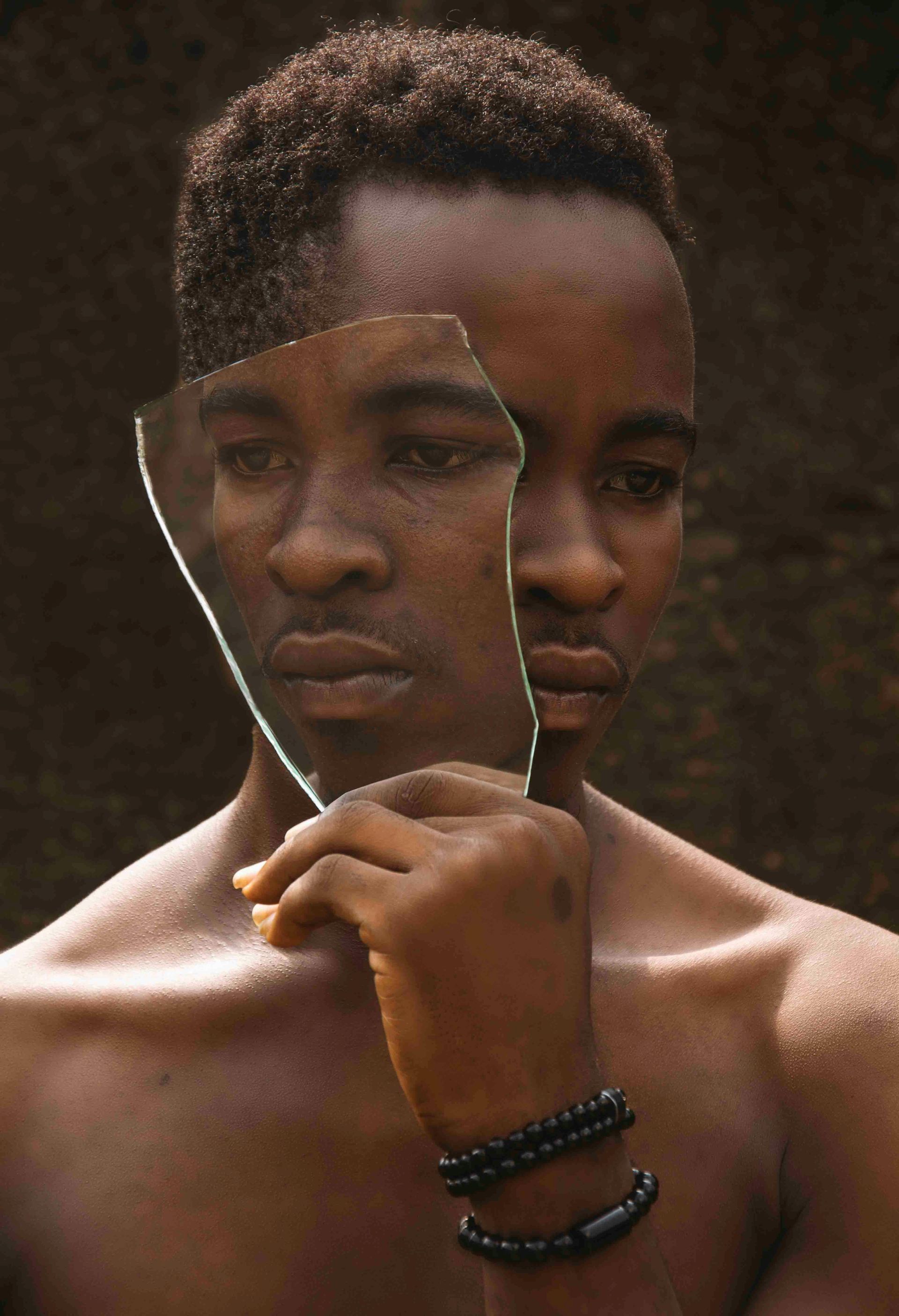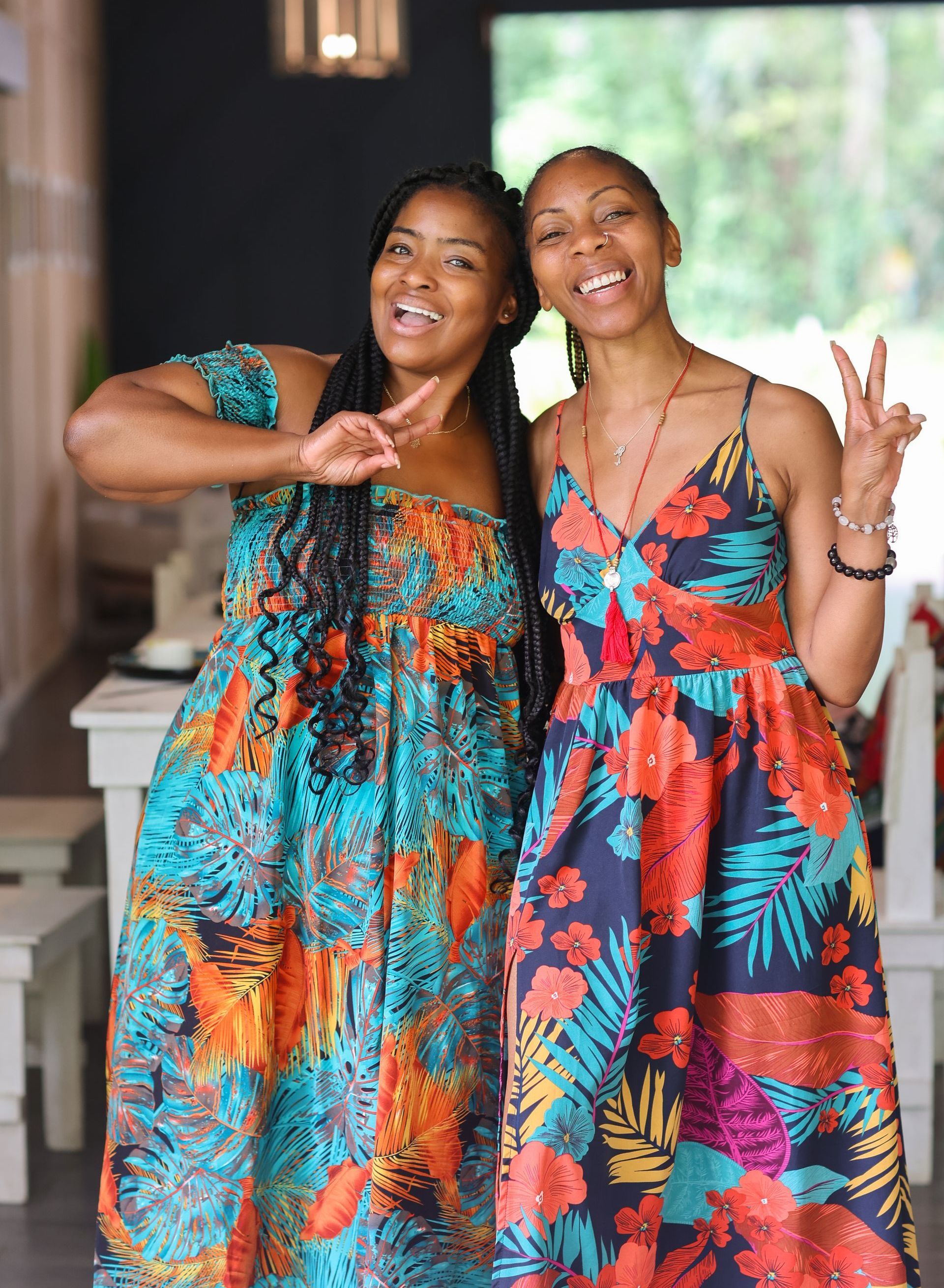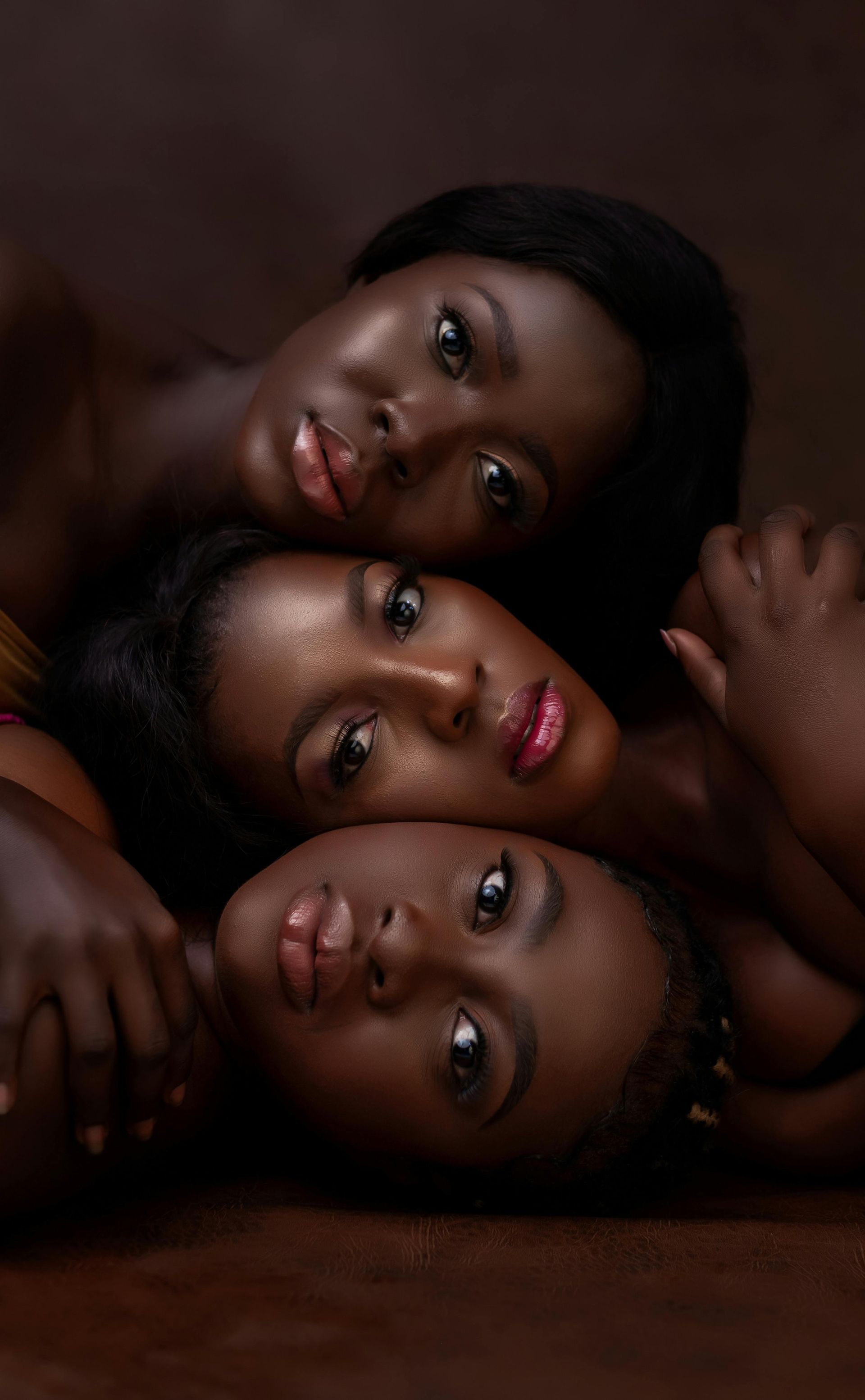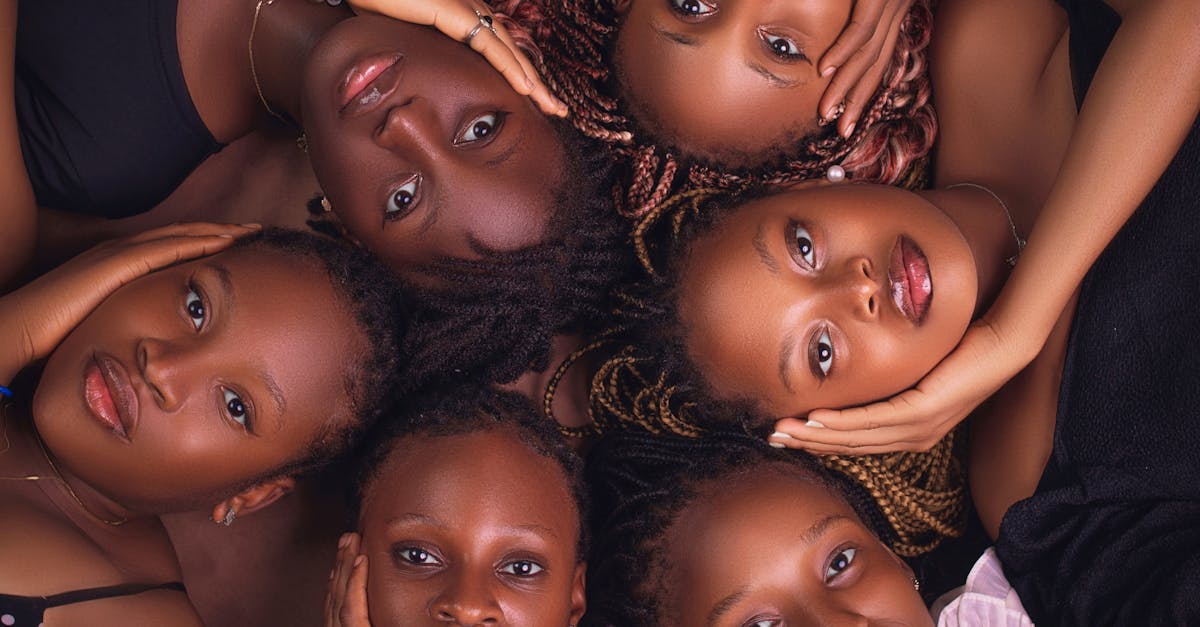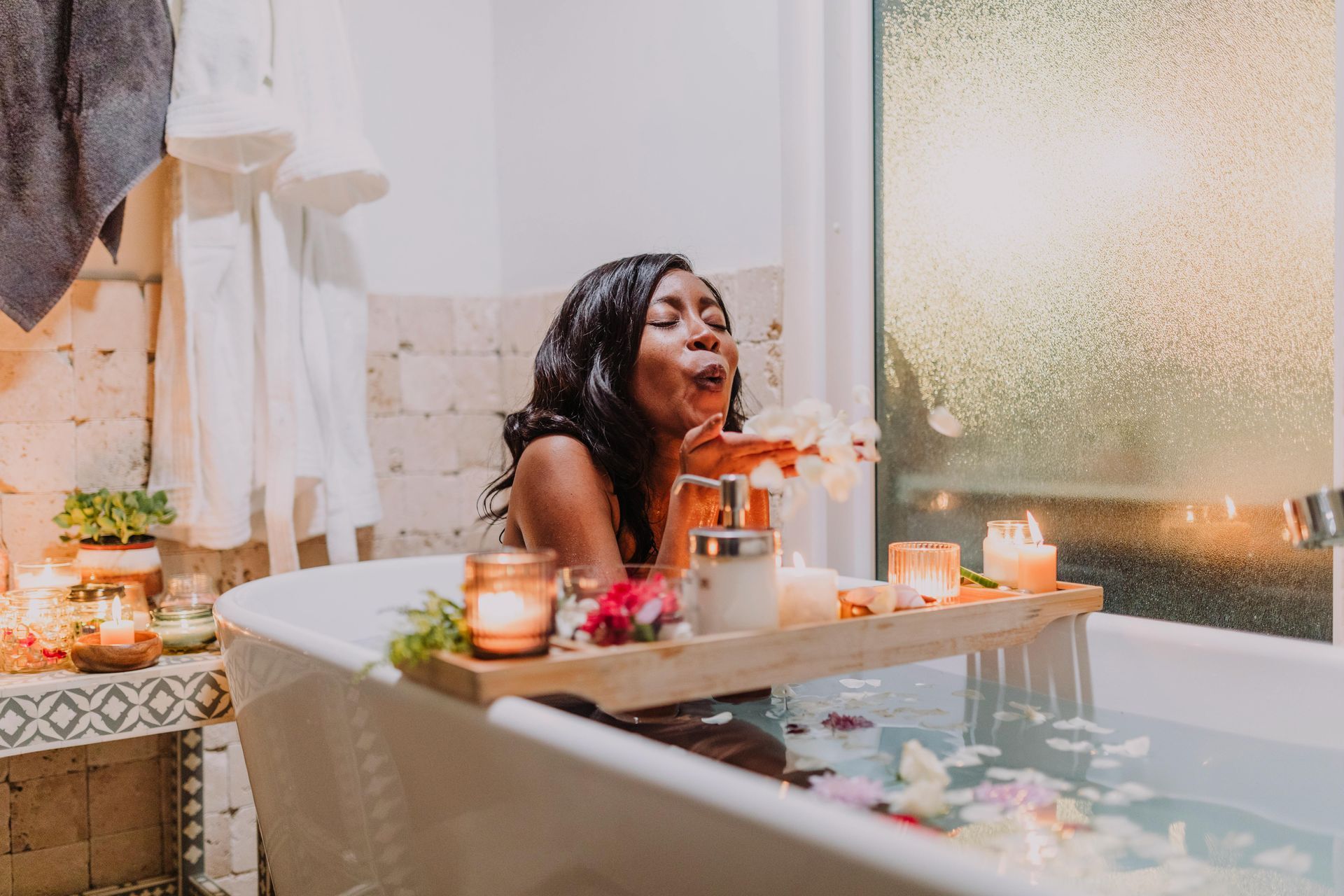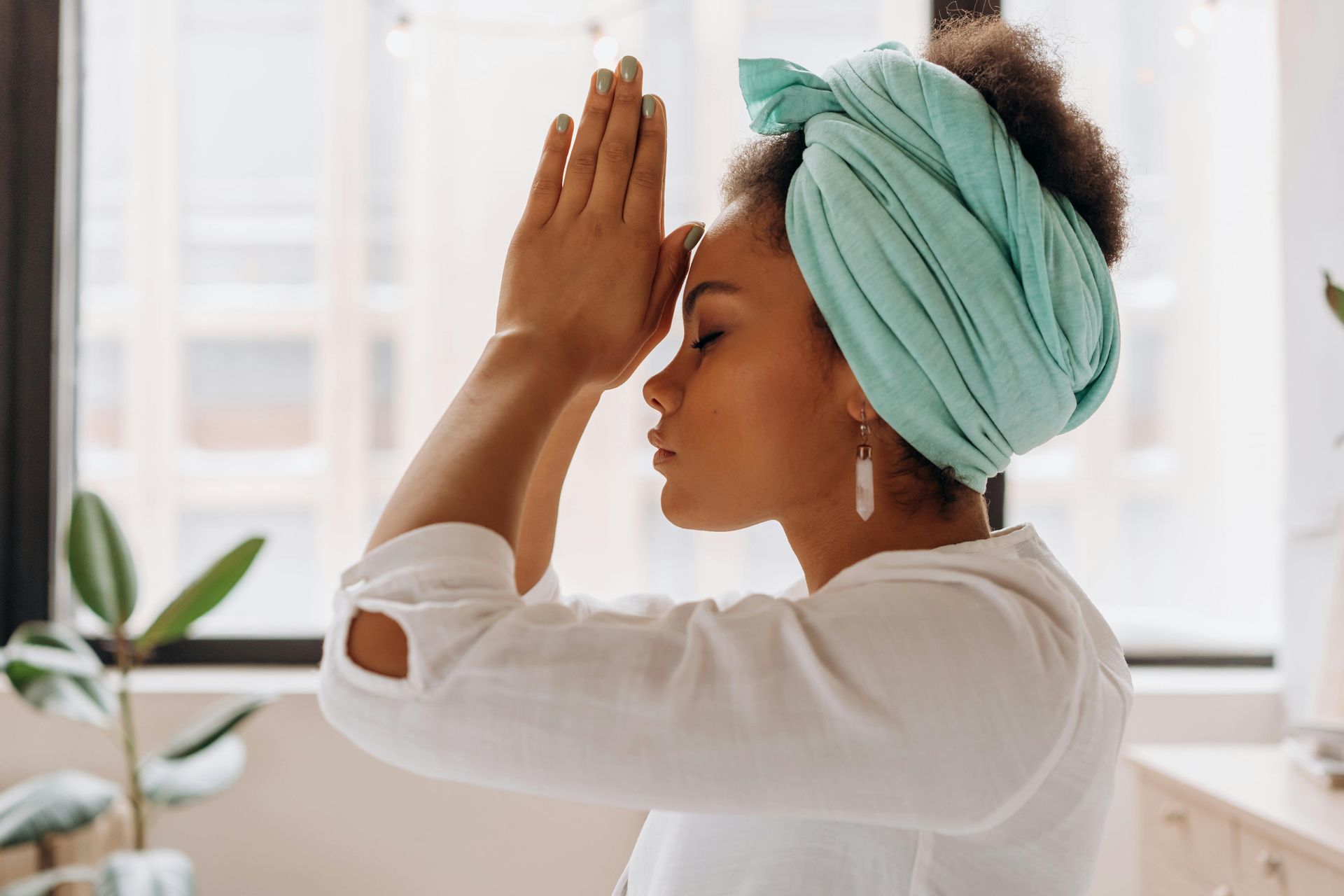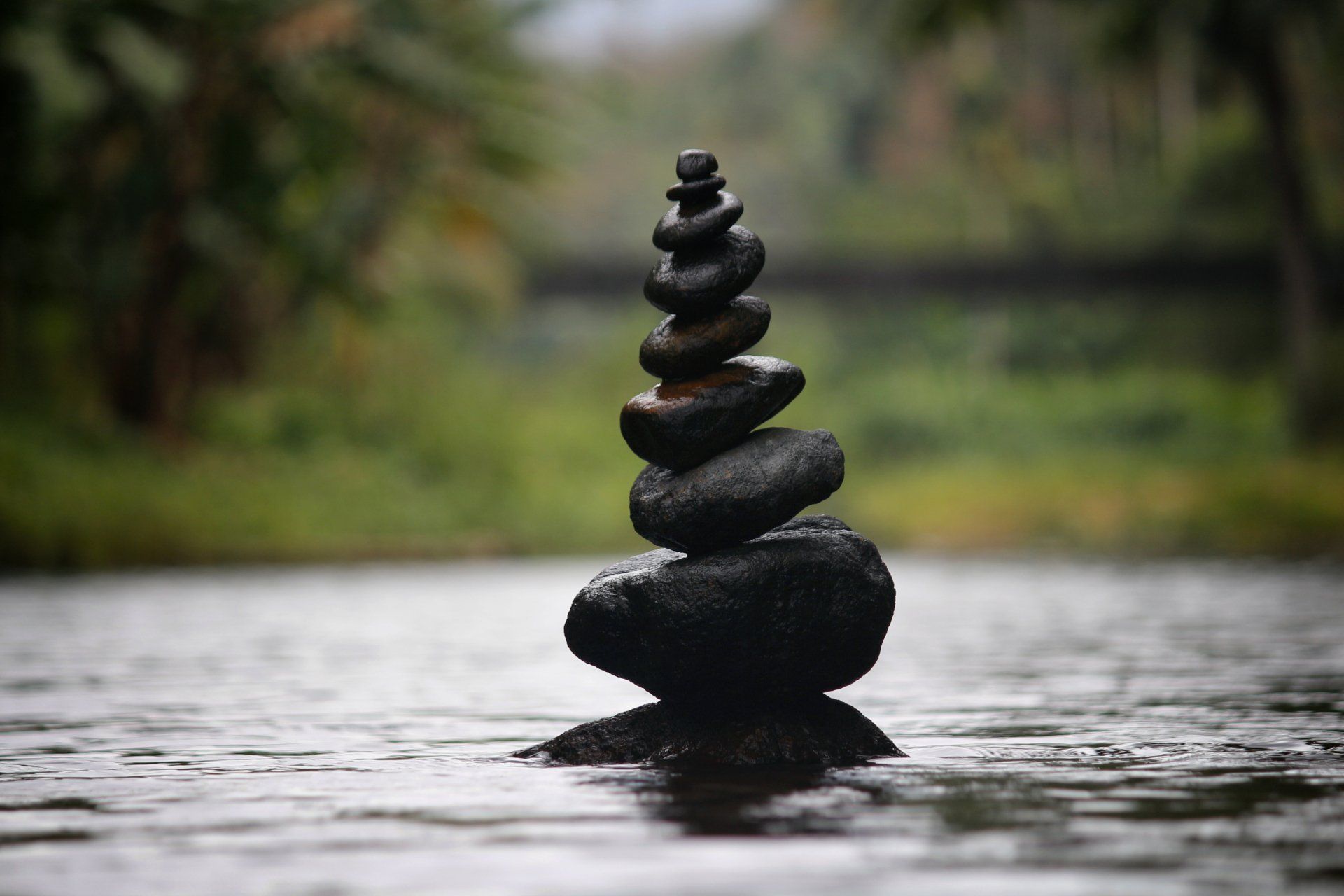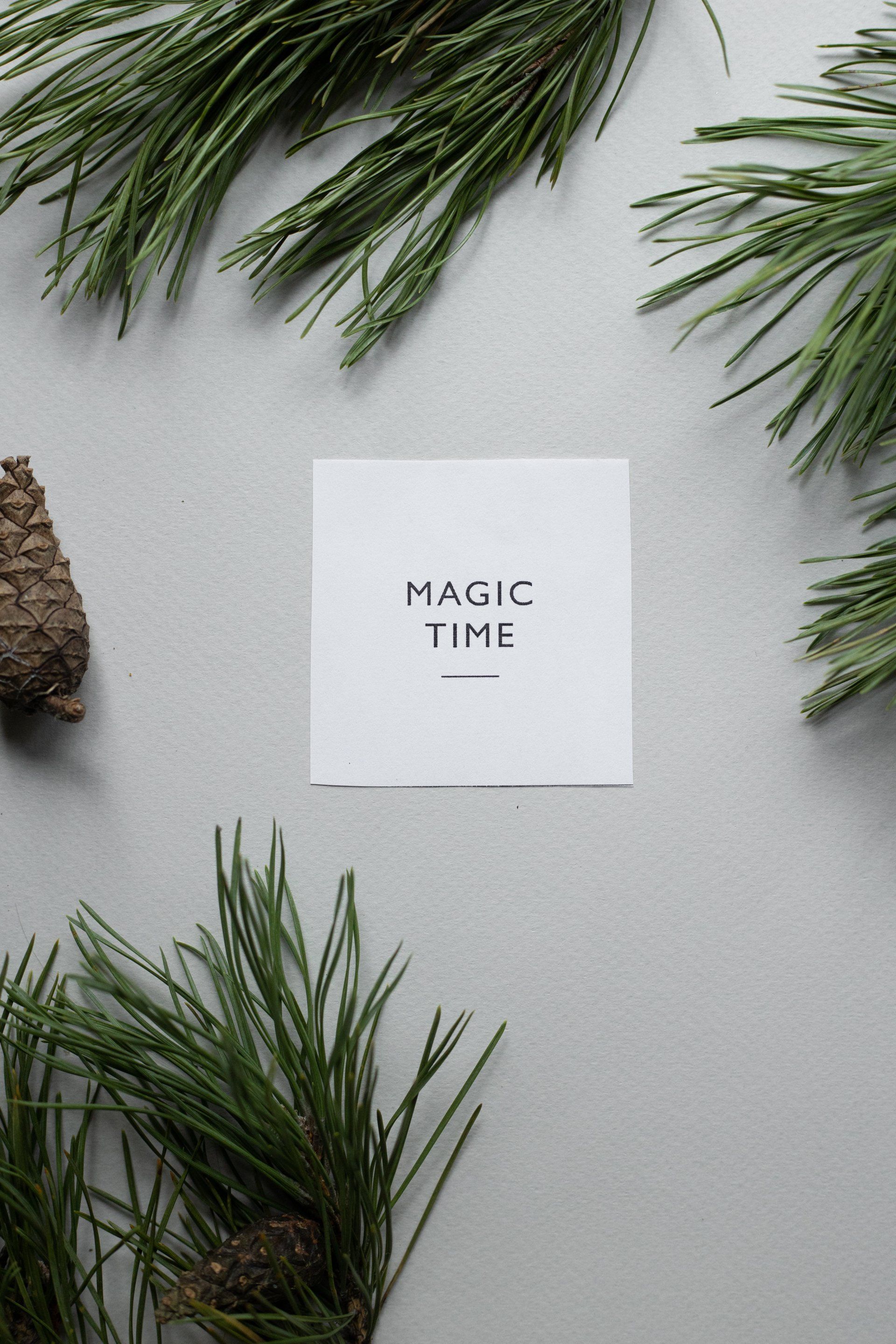We Been Knew: Black Southern Spirit and Sacred Knowing
A reflection on Sinners and the power of ancestral knowing
There’s a moment in Sinners that lingers; if you’ve seen it, you know the one. The juke joint is alive. Not just with people, but with presence. Sammie gets lost in the music. But it’s more than just a song. It becomes a portal. The way he plays, it pulls something through. You can feel where the blues came from. You can hear it echoing backward to the motherland, and forward into something yet to be named. The ancestors and descendants show up, uninvited but right on time.
The room becomes holy.
And that’s when he comes.
Not because he was repelled.
But because he was called.
Drawn to it. Wanting to feed off it. Wanting it for himself.
That part doesn’t need explaining either.
This wasn't about sin. It was about spirit.
It’s been wild watching folks try to flatten Sinners into a parable about hedonism, as if the joy and beauty of Black folks in a juke joint is what summons evil. But if you grew up in the South, if you know anything about being Black and free in a world that don’t want you to be, then you already know the truth:
It wasn’t sin that brought danger.
It was soul.
It was freedom.
It was spirit showing up in a way that couldn’t be controlled.
That’s the part folks fear. That’s what gets labeled dark, demonic, or dangerous; especially when it’s wrapped in a sound they can’t quite trace, a body they can’t contain, or a spirit they can’t explain.
I watched this film as a daughter of the Mississippi Delta. I saw my people, not just in the setting, but in the spirit. The tension of survival and celebration. The weight of knowing too much, and the danger of being too radiant anyway.
The Power of Knowing: Annie's Medicine
She was the one paying attention.
The one who saw what others missed.
The one whose knowing got dismissed until it was the only thing they could count on.
She stood between this world and the next with nothing but her knowing and her grief. She wasn’t loud with it but it was there.
The prayers.
The rituals.
The bags.
The warnings.
The weight.
She carried the kind of power that comes steady. The kind that gets questioned until everything falls apart, and then folks want to ask what you saw coming. The kind that women like us inherit through dreams, prayers, herbs, earth, water, and breath.
She wasn't trying to be a savior.
She was just trying to protect what was hers.
And that? That’s a Black woman’s plight.
Annie’s rituals weren’t frivolous.
They were functional.
She wasn’t playing dress-up in mysticism, she was practicing the same protection our people have always known. But because it didn’t look like church or sound like a hymn, it got labeled demonic. I’ve seen that in real life too many times.
But we know.
We always know.
We know that spirit doesn’t need permission. It doesn’t need a pulpit. And it sure as hell don’t need to be respectable to be real.
What’s wild is, even after all that... we still protect.
Black women hold the line even when we get left out the story.
Even when our knowing is doubted.
Even when we’re the ones who told you what was coming, how to prepare, and how to pray.
We do it anyway.
We hold.
We heal.
We cover.
Not because we want praise but because it’s what we do. It’s what Annie did. It’s what so many of us have done for generations, quietly, powerfully, without needing a spotlight.
If you watched Sinners and saw sin... you weren’t looking close enough.
Because I saw ritual.
I saw lineage.
I saw the South.
I saw the blues as both memory and prophecy.
I saw a juke joint become a sanctuary.
I saw conjure being practiced in real time, not for show, but for survival.
This story isn’t about punishment.
It’s about power.
The kind we’ve always had.
We been knew!

